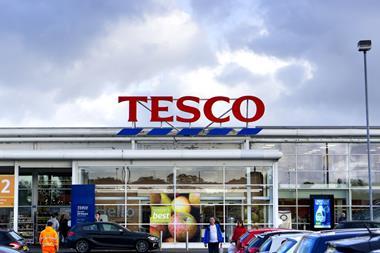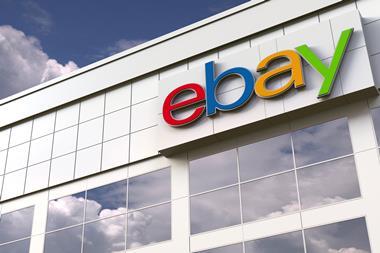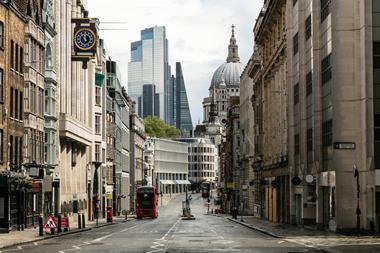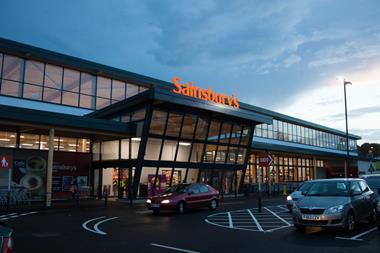Tesco boss Dave Lewis has urged the Government to do more to help the high street to save thousands of retail jobs.
Lewis said retail was at a “tipping point” as bricks-and-mortar businesses race to adapt to the multichannel era, with job losses between 2017 and 2022 expected to hit 380,000.
He called on ministers to “level the playing field” between traditional retailers and online operators by shaking up the business rates system.
Speaking at the British Chamber of Commerce conference, Lewis said: “We need to rethink our business rates system.
“Rates have become a rising tax on investment while profit taxes have fallen. It is a drag on growth and a drag on competitiveness.
“There’s no longer a balance between taxation and sales. As 20% of sales have gone online, the burden on business rates has stayed and increased on a declining sales base.
“That’s why I believe it is time to consider an online sales levy so that the burden of tax can follow the sales.”
Lewis added: “If the Government acts now, it could benefit millions of businesses across retail and the country, in the process saving thousands of jobs and preserving some of their social and economic value in our towns, villages and communities.
“In this nation of shopkeepers, strong retail is important for a strong Britain.”
Business rates have been pinpointed as one of the key causes for the loss of 150,000 retail jobs last year, as retailers struggle to keep up with a host of rising costs. The national living wage and the apprenticeship levy have put further upward pressure on companies cost bases.
Smaller businesses were given some business rates relief in the last budget, but bigger operators continue to be burdened by increases in the property tax.
Tesco’s annual business rates bill has doubled in the past decade to around £700m.
Earlier this year, online giant Amazon revealed it paid just £63.4m in business rates on its estate of almost 100 property locations and locker sites across the UK.
It amounted to less than 1% of its £8.77bn UK sales total.
In contrast, beleaguered Debenhams paid out around 3.5% of its sales in business rates.


























1 Reader's comment